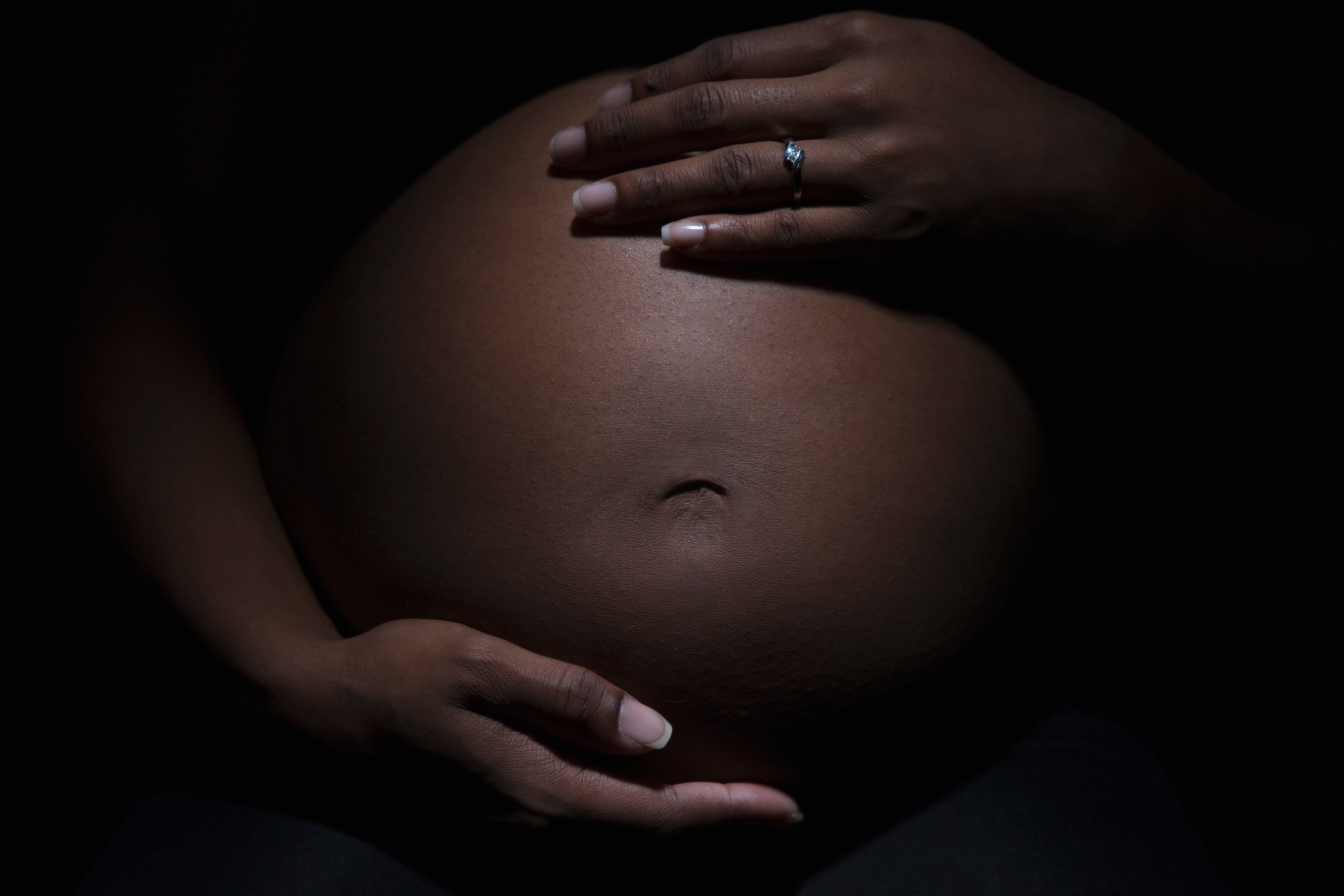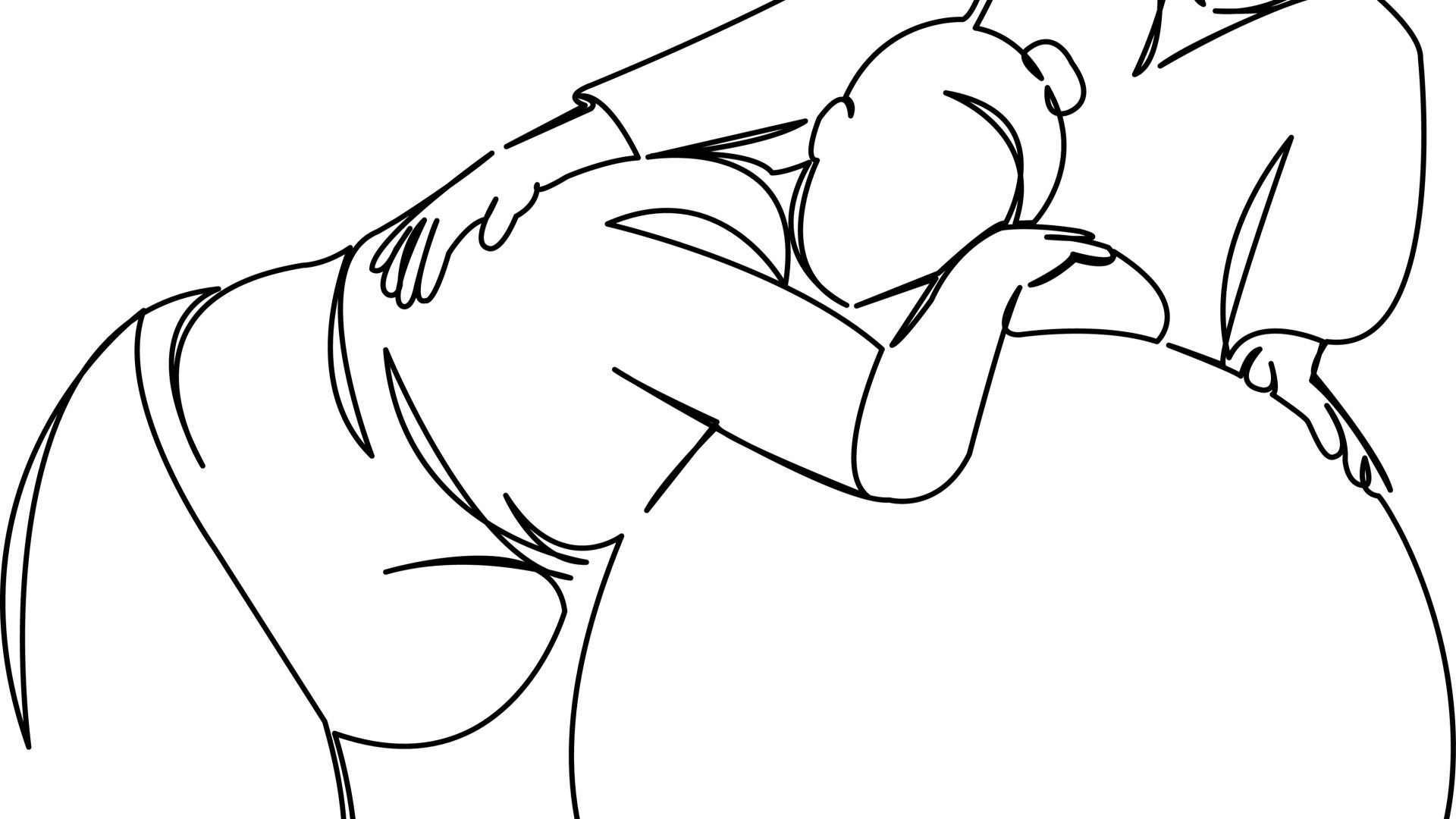
The issue of infertility is one that cuts deep and hits home for many women. Not only am I going through my own tough journey with infertility, but I’ve also recently heard from some of my favorite women saying that they too are going through similar experiences.
So if women around the world are dealing with this issue, why is there such a stigma behind talking about it?
Gabrielle Union’s recent revelation about her experiences with miscarriages touched so many people that she’s since become one of the faces of infertility struggles among women. So many people, myself included, were sad for her and wished her well, but she also received some backlash. People supported her against that backlash when someone said something awful about her inability to have a baby. Supporting her was a good thing, but what I also noticed was an unwillingness to talk about why it’s so tough for women to speak about infertility in the first place, be it miscarriage or being unable to conceive without assisted reproductive technologies.
Whatever the problem, everyone seems to have an immediate reaction or solution to what is often highly intimate, highly emotional and often financially and psychologically draining territory.
Having recently been open about my own struggles, which was extremely difficult, it made me curious as to what was honestly being said to other women. Specifically, what was being said that further stigmatised and made it difficult to speak up about infertility. In search of answers, I had several conversations with women from various African cultures about the often troubling perceptions of women facing infertility.
Noma, a Zimbabwean woman from the Ndebele community, noted how infertility has become synonomous with failure in the eyes of many. “It’s a failure; it’s like you’re not a woman,” she told me. “What use are you? Well, nobody’s going to say that to your face, but they’ll definitely talk about you behind your back. You’ll feel it from your in-laws. They feel that if they’ve paid dowry, then they’ve basically paid for your uterus, and its services.
The reason is that there is no pension or welfare system in Zimbabwe, and traditionally, children are your pension system. You depend on your kids in your later years. If you can’t have kids, you’re pretty [screwed] in your old age because, who will take care of you?”
Noma also knew of another woman whose husband and left her with nothing. Without anyone to turn to, she took to caring for the kids sent to her by relatives. With the small fee they paid her, she could survive, while also receiving second-hand clothes and other handouts.
What she said was supported by some of what I had observed in South Africa, Botswana, Malawi and Zimbabwe, and had read and heard also happens in Nigeria. Children—and having lots of them as with my grandparents’ generation—were a form of insurance.
But surely, this would have changed by now?
Why is it still seen as blameworthy if a woman can’t have children? And why are women treated so awfully when they can’t have children? Was it not bad enough that your body couldn’t do the thing that you had counted on it to do, and shouldn’t all the misery stemming from that at least be treated with sensitivity?
Anne, a Luo woman from Kenya, reports that some of the things she’s observed can also be seen in the Luhya culture, another community in Kenya.
“You’re seen as a cursed misfit in society,” she said. “You’re called a prostitute who did several abortions. Maybe you come from a family full of witchcraft. Or, you must have killed someone’s child.” These are things I have heard . It seems they never seem to really differ in content and severity. You have no voice and you can’t speak, even when where other fellow women are present. You feel very insecure.”
Adding, “People don’t want to associate with you and won’t allow their children to eat at your house, because you might kill their children. Your husband is even allowed to remarry.”
This last has been one of the most common occurrences in several cultures. When women are infertile, it seems their use is now over. Many question what the response is in cases where it is the man who is infertile, and the response is that it is women who will still be made to pay. Most men refuse to test their fertility, and in some cases, this spills over into violence within their relationships, once again.
Malawian filmmaker and playwright Tawonga Taddja Nkhonjera also reported that women fared no better in Malawi. Women face domestic violence, from both the husband and in-laws, and have also had to deal with their spouse’s infidelity. Additionally, they may face higher rates of poverty because of a lack of care or support from either the philandering husband, or their in-laws. It is a truly vicious cycle, and the abuse needs to be investigated on a much larger scale.
Nkhonjera said that in the cases he knew of, the marriages were fraught with cheating, abuse and abject disrespect. One woman eventually left her husband and moved back with her sibling’s family.
So, the prognosis is not good, whether physically, emotionally, financially or psychologically. Instead of dealing with these issues head on, the cultures represented by the people I talked to all report abuse of some sort. But it still doesn’t get to the heart of why it is such taboo to talk about.
I talked to my older sister Naomi, and asked whether among the Chewa and Tumbuka, our paternal community, there was a reason for the taboo aspects of childlessness.
“In both cultures, it’s a source of embarrassment and women tend to be ostracized regardless of the cause,” she said. “Families will say that their son has not married because there is no child. [With miscarriage], it’s because the mother is a witch and is eating her own children. So, it’s not a condition that is openly discussed or declared and it is considered shameful. To me, that explains why there is so much ignorance about the issue.”
I tend to agree with Naomi. No one willingly volunteers to be ostracized, but they’re still mistreated in varying ways. It’s the culture of silence and stigmatization, leading to ostracization, that harms so many women. Attempts to talk about infertility are often met with silence either by friends, relatives or society at large.
Hopefully, more women sharing their experiences with infertility will help move the conversations forward on the sensitive topic. Societies also need to gain some empathy, and know that infertility is a disability, albeit an invisible and moderate one. It affects a person in many ways, and if you are going through it, you don’t want anyone else to suffer in that way. There are biological, medical explanations for infertility, and defeating the ignorance through education can bring people closer together, while also paving the way for solutions.
At any rate, the practice of maintaining physical, social and cultural barriers because of infertility is one that can and should be removed sooner than later.




